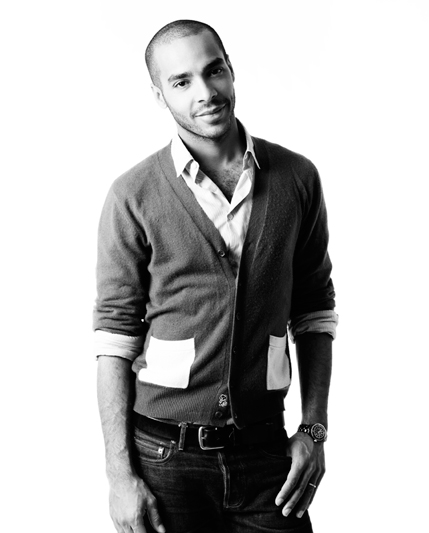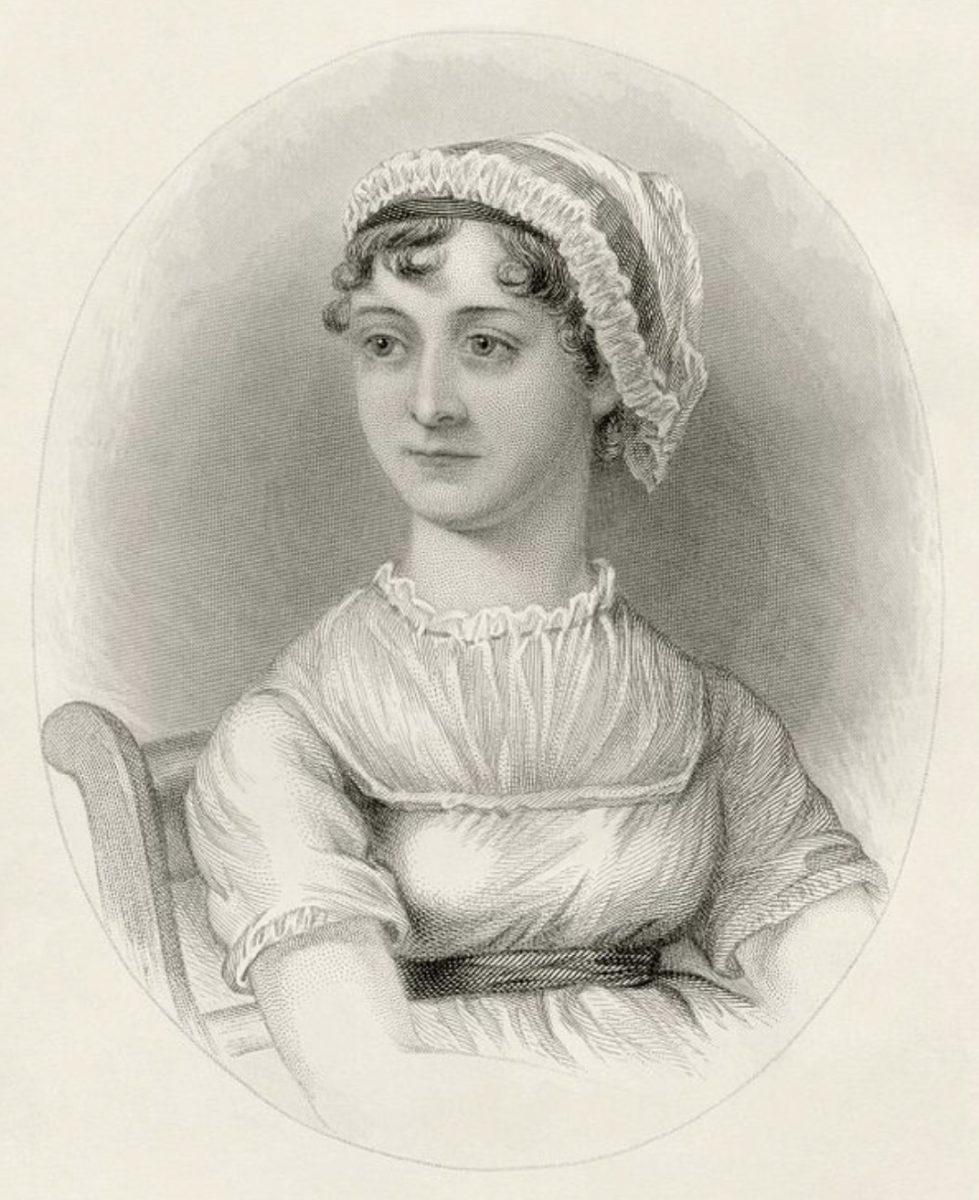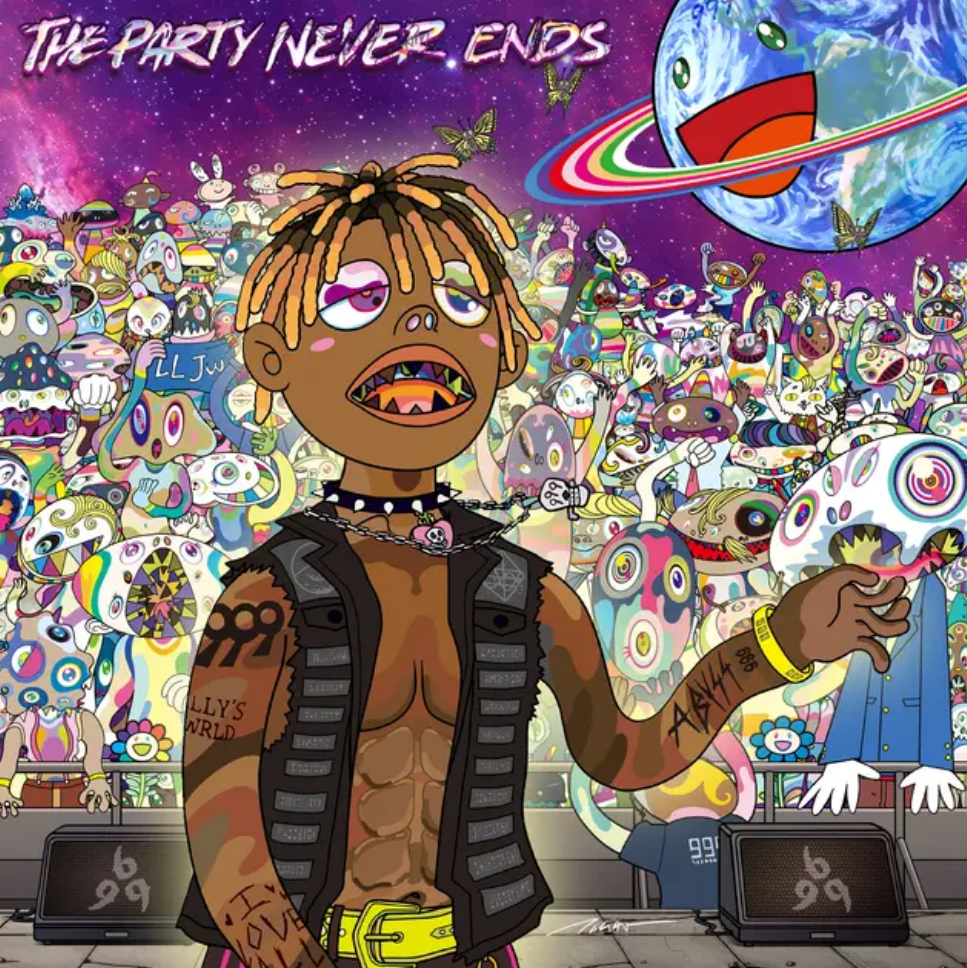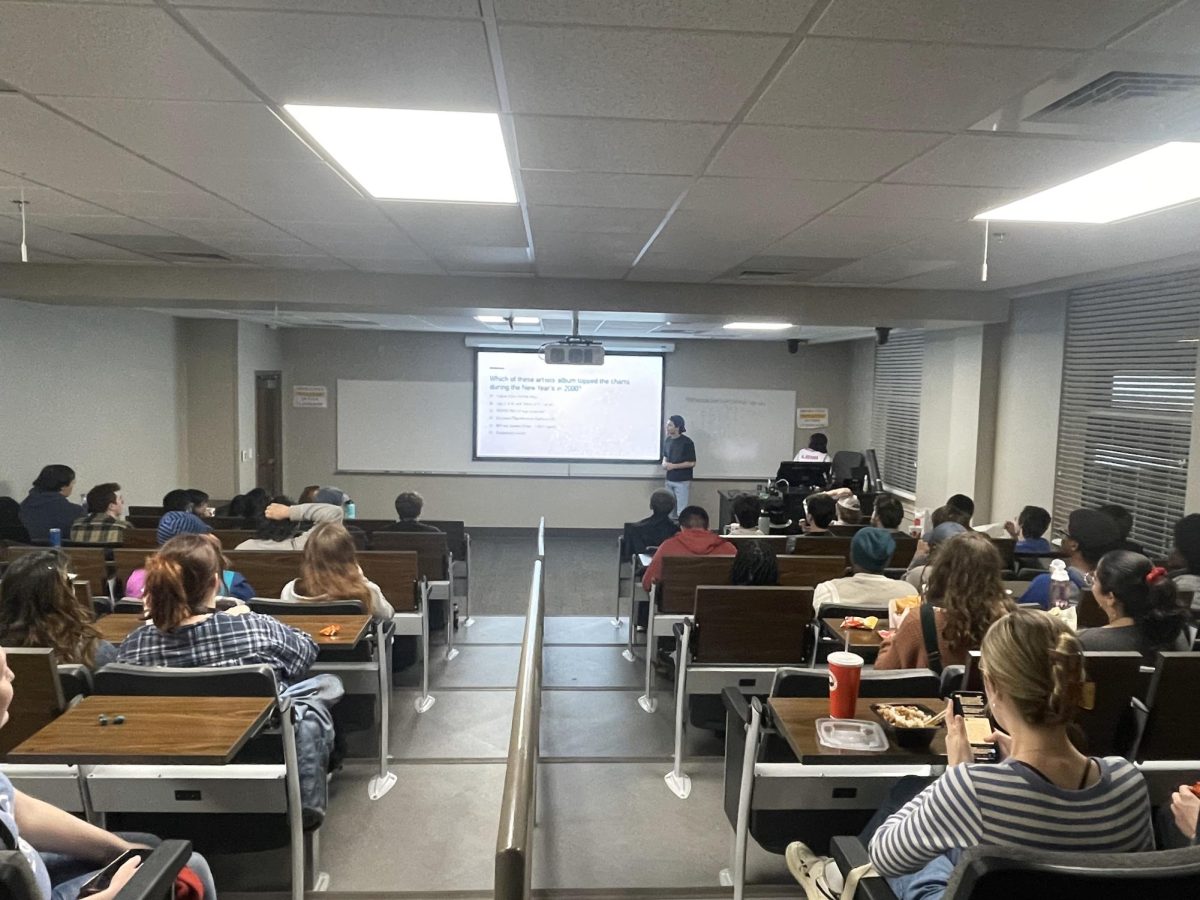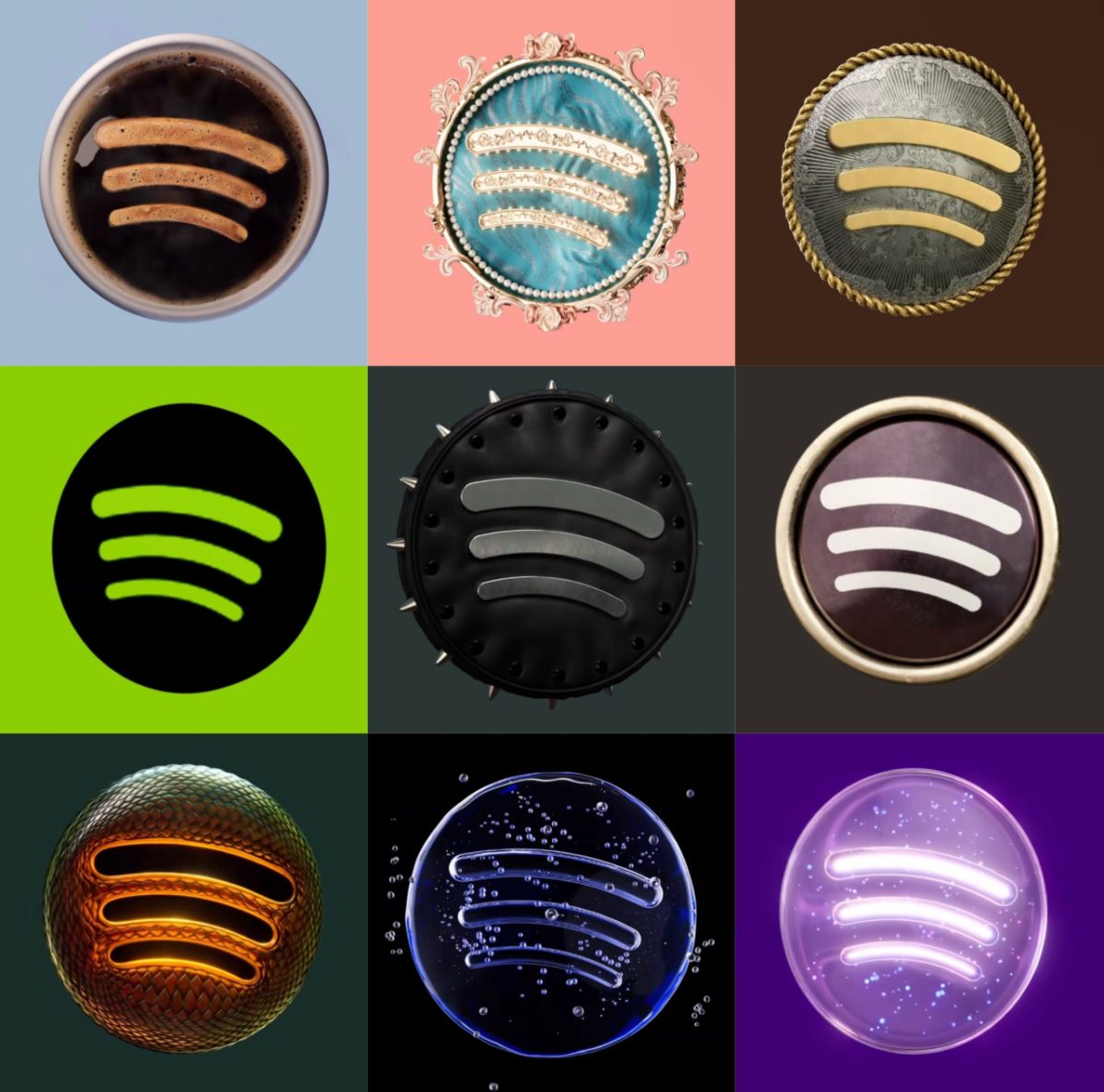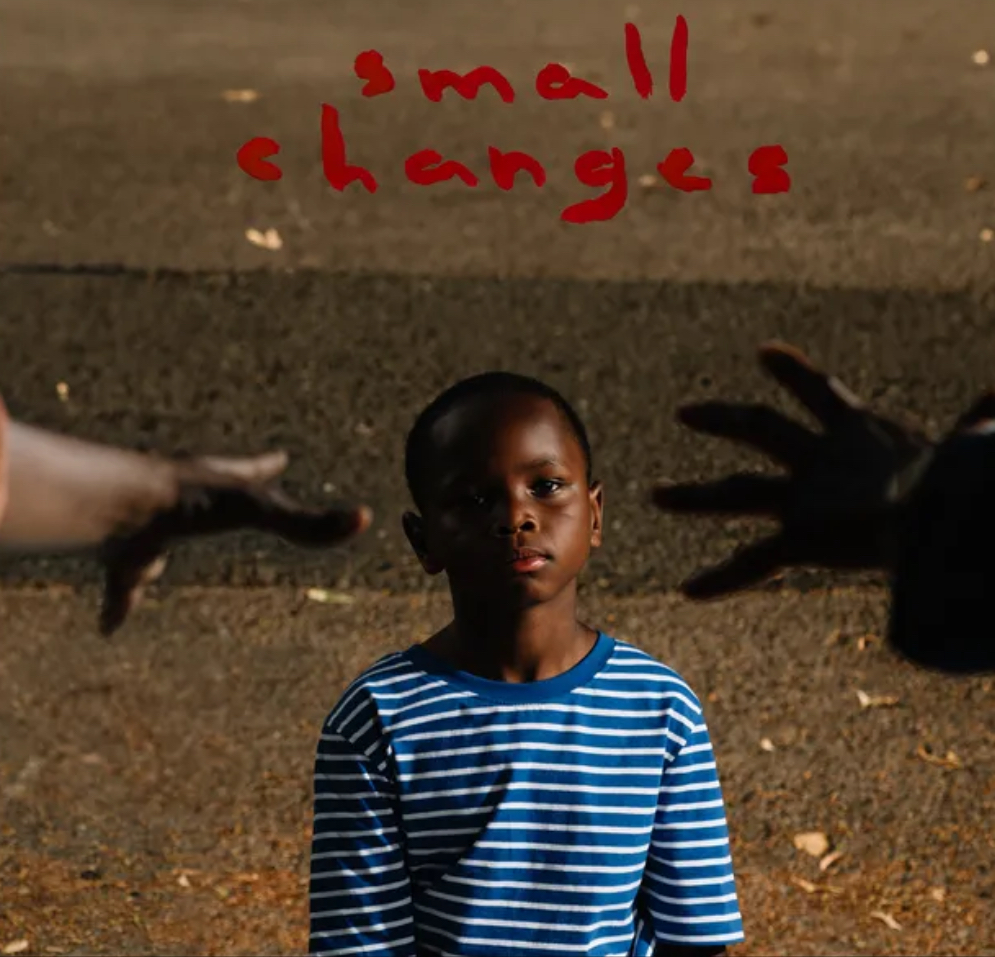Upon hearing of French house electronica producer DJ Mehdi’s death last week, it made me reflect on the strange, tragic and paradoxical effects of the death of an artist. I have always found it somewhat fascinating that whenever an artist or musician passes away the artist and his or her work get almost instantly canonized. The bad material is ignored and the good material becomes the best. Fans may reflect back on the artist’s entire body of work in a new light, especially if the circumstances surrounding the artist’s death are tragic or controversial. I doubt few can listen to Joy Division and be able to completely remove Ian Curtis’s suicide from the music.
As the critic-love for them peaks, the artist ironically grows in popularity simply as a result of his death. It’s a sad truth, but many artists such as British folk singer Nick Drake and then 17-year-old Brazilian songwriter Yoñlu never enjoyed the fame and exposure they garnered after their untimely deaths. When Drake died at the age of 26 in 1974, he had barely a dime to his name and few fans that he knew of at the time. Fast-forward to 2011, where he’s constantly cited as one of the most influential English songwriters of all time and his tunes are being used in advertisements by corporate giants like AT&T and Volkswagen. It’s a bittersweet feeling, for sure. One might say, “Well, it’s what he would have wanted,” or “I’m just glad his music’s being heard now,” but it still feels strange to confess that death is what it took for somebody to go check out somebody’s music or art. We see this paradox in other fields as well; we all know “The Dark Knight” probably wouldn’t have been the box office record-setter that it was without the death of Heath Ledger.
That all being said, the first time I listened to DJ Mehdi was last Tuesday, Sept. 13, when I heard that he’d died from falling through the roof of his house. I’d heard his name thrown around several times before and I knew he’d worked with a bunch of big-name French musicians like the hip-hop group Assassin and Nigerian songwriter Keziah Jones, but other than that I couldn’t name a single track by him. Thus, here I am again, grabbing up everything I can find by another recently deceased musician, kicking myself for never checking him out and probably missing some excellent live performances along the way. He was a great producer, a fantastic producer. And I’m not gonna lie, my knowledge on house-electronica is minimal at best, but this guy got me turned onto this genre of music that’s almost completely new to me. For never giving your music the time of day when you were alive, I apologize, Mr. Mehdi. For expanding my tastes beyond my comfort zone, I thank you. Rest in peace, Mehdi Favéris-Essadi.



